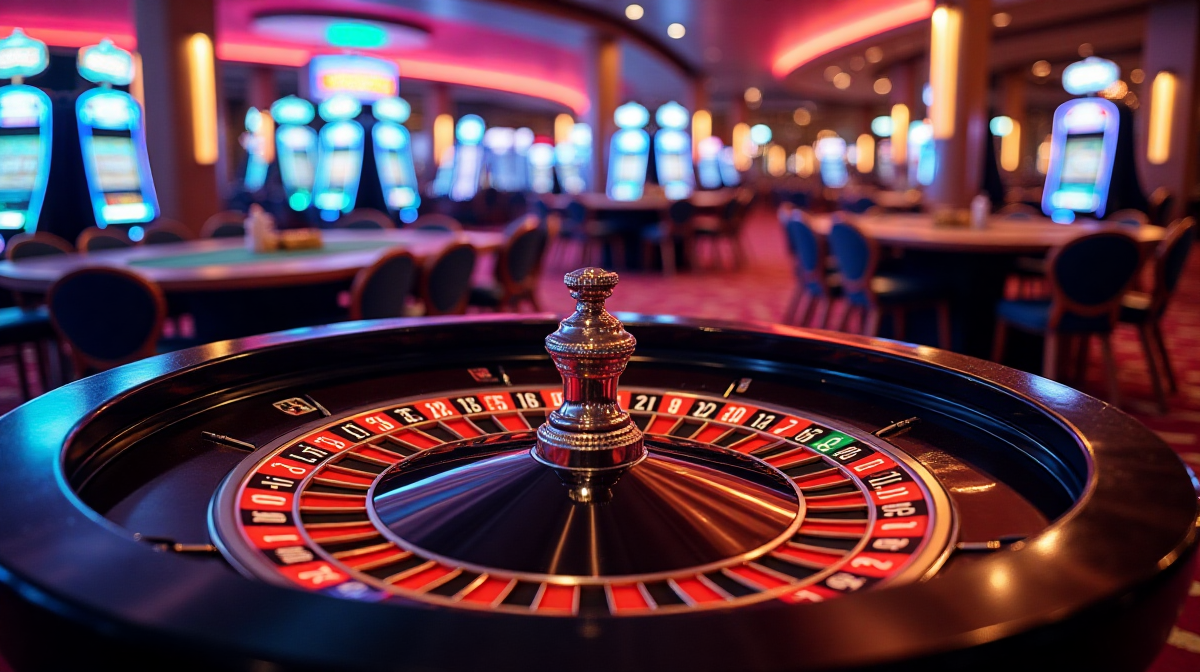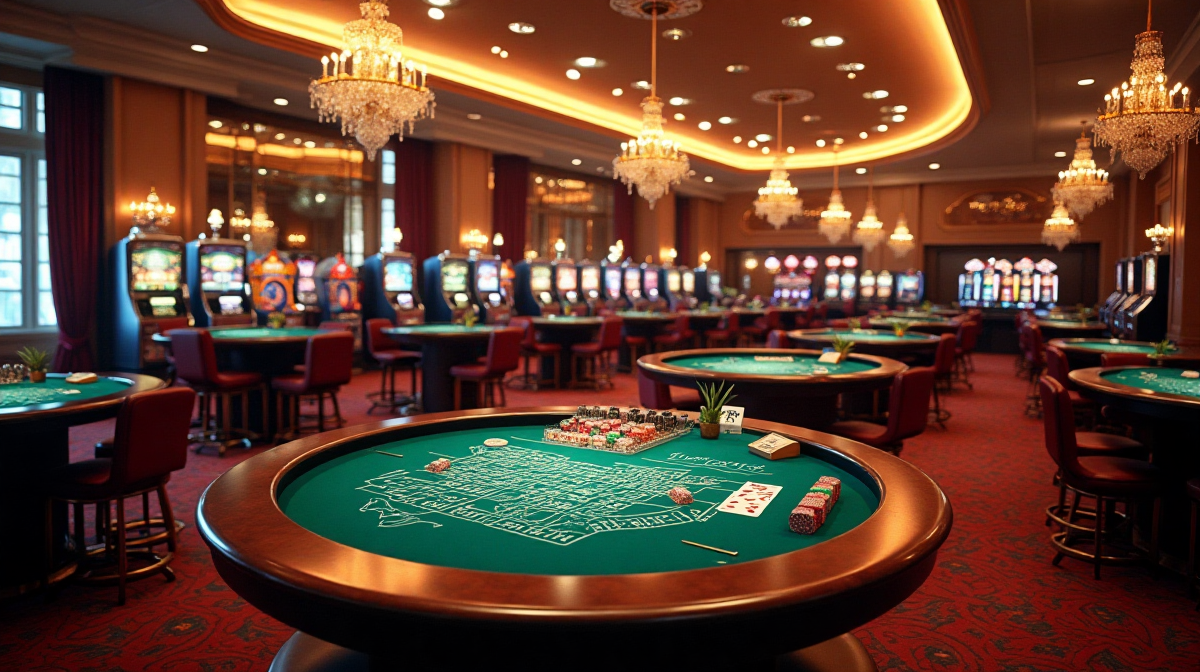Merry Bet Odd: Your Lucky Numbers!
What is Merry Bet Odd and Why Does it Matter?
The quest for lucky numbers is as old as gambling itself. Merry Bet Odd represents the inherent human desire to find an edge, a pattern, something that can tip the scales in our favor when placing a wager. Whether it's a birthday, an anniversary, or simply a number that feels right, people often incorporate these into their choices, hoping for a winning outcome. Understanding the psychology behind this, and the actual mechanics of odds, is crucial before diving in. The allure of a favorable bet odd is strong, but it’s tempered by the realities of chance.
The Psychology Behind Searching for Lucky Numbers
Humans are pattern-seeking creatures. We try to make sense of randomness, assigning meaning where none may exist. This tendency fuels the belief in lucky numbers. It provides a sense of control in an inherently uncertain situation. The idea that a particular number holds some power, or is due to appear, is comforting, even if logically flawed. This is particularly true when considering a merry bet odd, as the hope for a positive outcome is amplified.
Disclaimer: Responsible Gambling & No Guarantees
Before we proceed, a crucial disclaimer: gambling should be viewed as entertainment, not a source of income. There are no guaranteed winning strategies, and chasing losses can be detrimental. This article explores the concept of lucky numbers in betting, but does not endorse any method as foolproof. Always gamble responsibly and within your means.
Understanding Odds and Probability in Betting
A Beginner’s Guide to Different Types of Betting Odds
Odds represent the likelihood of an event occurring and determine the potential payout. Different regions use different formats. Decimal odds (e.g., 2.00) represent the total payout for every 100 or the amount you win on a ⚠formula incomplete
How to Calculate Probability from Odds
Probability can be calculated from odds. For decimal odds, the formula is 1 / odds. For example, odds of 2.00 translate to a probability of 0.5 or 50%. For fractional odds, the formula is the denominator divided by the sum of the numerator and denominator. For American odds, the calculation depends on whether the odds are positive or negative. Understanding this conversion is key to assessing value.
The Relationship Between Odds and Payouts
Higher odds indicate a lower probability of the event occurring, but a higher potential payout. Lower odds indicate a higher probability, but a lower payout. The payout is calculated by multiplying your stake by the odds (for decimal odds) or adding the winnings to your stake (for fractional/American odds). Successfully navigating the bet odd landscape means understanding this direct correlation.
Common Betting Mistakes Related to Odds Misunderstanding
A common mistake is focusing solely on the potential payout without considering the probability. Another is misinterpreting the different odds formats. Failing to shop around for the best odds can also significantly reduce potential returns. Many bettors also incorrectly assume that higher odds always mean a better bet, ignoring the underlying probability.
Identifying Lucky Numbers - Methods & Approaches
Statistical Analysis: Finding Trends in Past Results
Statistical analysis involves examining past results to identify patterns or trends. While past performance doesn’t guarantee future outcomes, it can provide insights. Analyzing historical data can help identify numbers that appear more frequently than expected. Looking for a favorable bet odd can be aided by careful historical analysis.
Hot & Cold Numbers: Identifying Frequent and Infrequent Outcomes
“Hot” numbers are those that have appeared frequently in recent draws or games. “Cold” numbers are those that have appeared infrequently. Some bettors believe hot numbers are more likely to continue appearing, while others believe cold numbers are “due” for a comeback.
Using Moving Averages to Spot Emerging Trends
Moving averages smooth out fluctuations in data, making it easier to identify underlying trends. By calculating the average result over a specific period, you can see if numbers are becoming more or less frequent over time.
Number Patterns & Recurring Sequences
Recognizing Repeating Patterns
Some bettors look for repeating patterns in past results, such as consecutive numbers or alternating odd and even numbers. However, it’s important to remember that random number generators are designed to avoid predictable patterns.
The Fallacy of the Gambler's Fallacy
The gambler's fallacy is the belief that if an event hasn't occurred for a while, it's due to occur. This is a logical error, as each event is independent and has the same probability of occurring regardless of past outcomes.
Numerology & Lucky Number Beliefs
Numerology assigns meaning to numbers based on mystical or esoteric beliefs. Some people use numerology to determine their lucky numbers for betting. While this approach is popular for some, it lacks a scientific basis.
Leveraging Data Analytics Tools for Number Prediction
Various data analytics tools and websites can provide historical data and statistical analysis. However, use these tools with caution, as they cannot predict the future with certainty.
Applying Lucky Numbers to Specific Betting Markets
Merry Bet Odd Strategies for Lottery Games
Popular Lottery Number Combinations
Certain number combinations are more popular than others, such as birthdays or anniversaries. However, these combinations are often overplayed, meaning that if they win, the payout will be lower.
Random Number Generators vs. Selecting Lucky Numbers
Random number generators (RNGs) are used to ensure fairness in lottery games. Selecting lucky numbers doesn't increase your chances of winning, as the RNG is impartial.
Incorporating Lucky Numbers into Sports Betting
Some sports bettors incorporate lucky numbers into their wagers by betting on players with their lucky number or on games played on their lucky date. This is purely a matter of personal preference and has no statistical basis. A savvy bettor understands the bet odd and doesn’t rely solely on personal preference.
Horse Racing: Using Jockey Numbers or Post Positions as Lucky Choices
Similarly, some horse racing enthusiasts use jockey numbers or post positions as lucky choices. Again, this is a subjective approach with no proven advantage.
Casino Games: Utilizing Numbers in Roulette, Baccarat, or Dice Games
In casino games like roulette or baccarat, players may choose numbers based on personal preference. However, these games are based on chance, and no strategy can guarantee a win. Spending time to understand the rules of a baccarat game online is much more effective than relying on lucky numbers. The elegance of a baccarat blue perfume, while appealing, won’t improve your odds.
Case Studies & Examples
Lottery Winners and Their Lucky Numbers
Numerous stories exist of lottery winners who used lucky numbers. However, these are anecdotal and don't prove that lucky numbers increase your chances of winning.
Sports Betting Wins Based on Number-Focused Strategies
Some sports bettors have reported wins based on number-focused strategies, but these are often attributed to luck rather than skill. It's important to remember that sports betting involves inherent risk.

Tools and Resources
Recommended Websites for Statistical Data & Odds Comparison
Websites like Oddsportal and others provide historical data and odds comparison tools. These resources can help you identify potential value bets.
Random Number Generators: When and How to Use Them
Random number generators can be used to select numbers for lottery games or other betting markets. They ensure fairness and impartiality.
Useful Betting Calculators and Converters
Betting calculators can help you calculate potential payouts and convert between different odds formats.

The Importance of Responsible Gambling & Managing Expectations
Setting Betting Limits and Sticking to Them
Set a budget for your betting activities and stick to it. Don't chase losses or bet more than you can afford to lose.
Recognizing the Signs of Problem Gambling
Be aware of the signs of problem gambling, such as spending increasing amounts of money, lying about your gambling habits, or neglecting personal responsibilities.
The Role of Luck and Chance in Betting – A Realistic Perspective
Betting is ultimately a game of chance. While skill and knowledge can improve your odds, luck plays a significant role. Accepting this reality is crucial for responsible gambling. Remember, a favorable bet odd doesn’t guarantee success.

